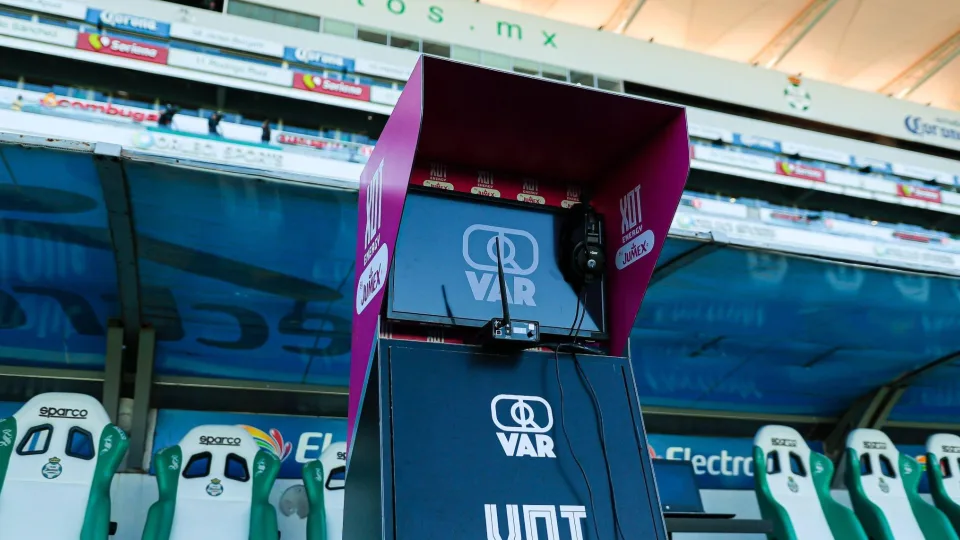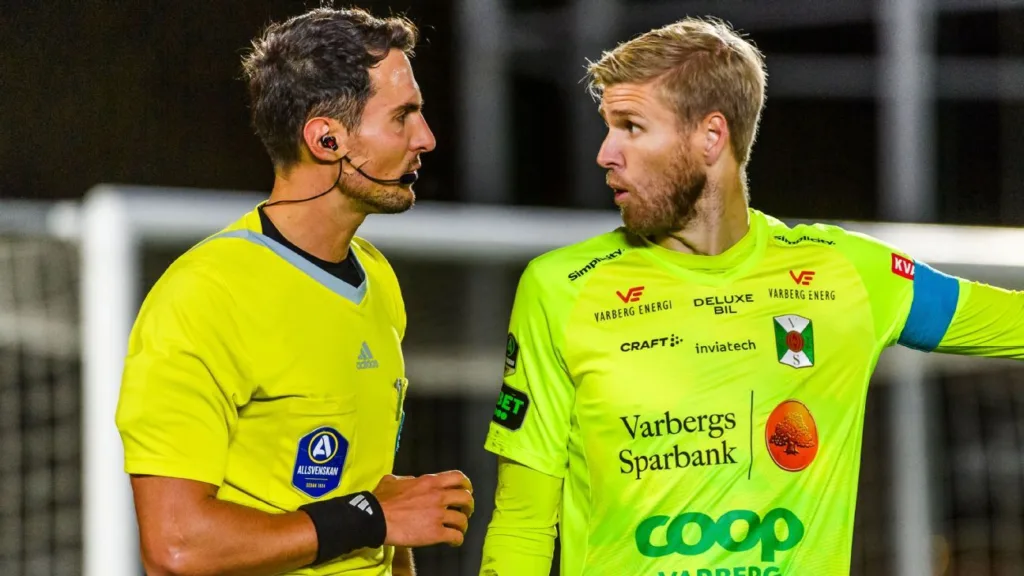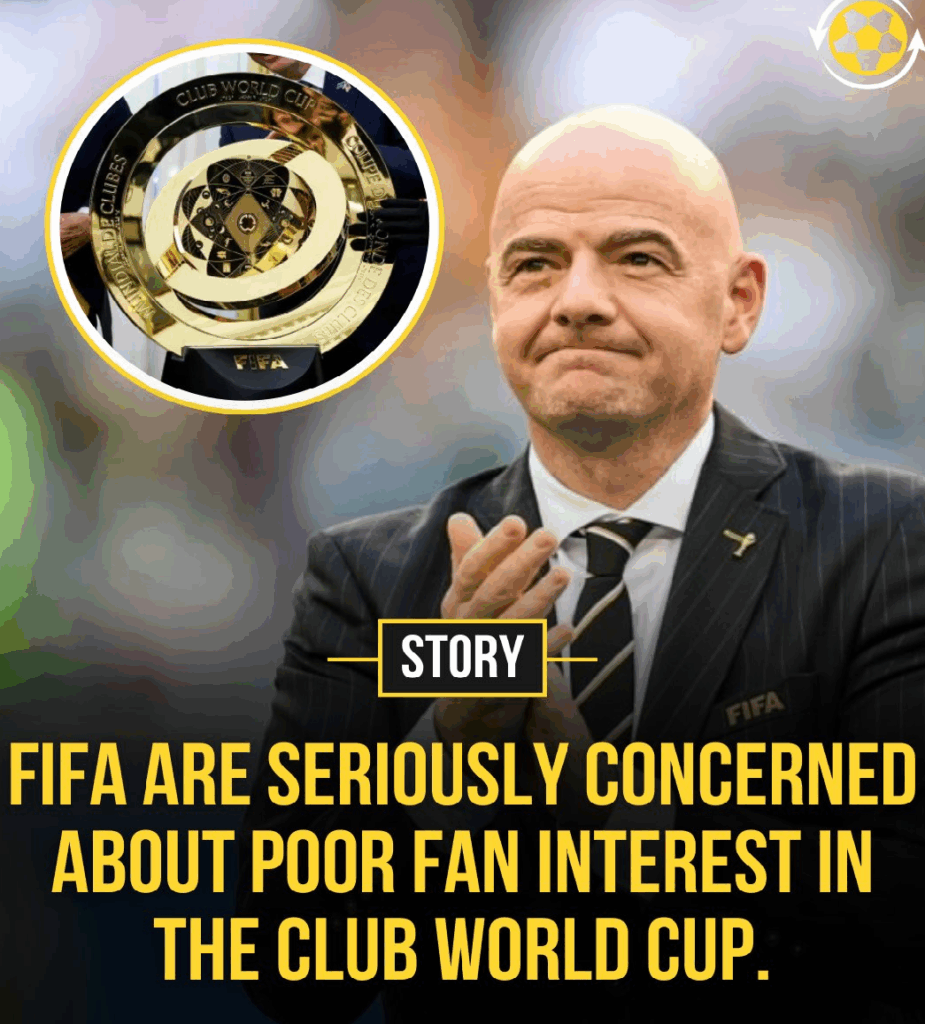The introduction of the Video Assistant Referee (VAR) aimed to enhance fairness and accuracy in football officiating. However, its implementation has been fraught with controversies due to inconsistent applications and subjective interpretations, leading to widespread frustration among fans and players.
The Promise of VAR
VAR was designed to assist referees in making accurate decisions on pivotal incidents such as goals, penalties, red cards, and cases of mistaken identity. By providing access to multiple camera angles and slow-motion replays, VAR aims to minimize human error and ensure that critical decisions are well-informed. Its successful debut during the 2018 FIFA World Cup set the stage for widespread adoption across major leagues, including the Premier League, La Liga, Serie A, and the Bundesliga.
According to the Laws of the Game, the use of video assistant referees (VARs) is only permitted where the match/competition organiser has met all the Implementation Assistance and Approval Programme (IAAP) requirements as laid out in FIFA’s IAAP documents, and has received written permission from FIFA.
VAR can only intervene in four specific situations where a “clear and obvious error” or “serious missed incident” has occurred:
- Goal/no goal: This includes checking for offside in the build-up to the goal, infringements like fouls or handballs, and whether the ball fully crossed the line.
- Penalty/no penalty: Similar to goals, VAR can review decisions for incorrect penalty awards or missed ones.
- Direct red card (not second yellow card): VAR can check if a red card was wrongly issued or if a serious foul play incident deserving of a red card was missed.
- Mistaken identity: If the referee cautions or sends off the wrong player, VAR can help identify the correct culprit.
Inconsistencies in Application
Lazio’s sporting director: “The current implementation lacks consistency and is causing ‘unspeakable damage’ to Italian football.”
Despite its noble intentions, VAR’s application has been inconsistent across different leagues and even within the same competition. For instance, in the Premier League, there have been numerous controversial VAR decisions. A notable example is the disallowed goal for Liverpool against Tottenham Hotspur, where a misjudged offside call led to significant debate: Luis Díaz was disallowed for offside by the onfield team of match officials. This was a clear and obvious factual error and should have resulted in the goal being awarded through VAR intervention. However, the VAR failed to intervene. Such inconsistencies have raised questions about the technology’s effectiveness and fairness.
Subjective Interpretations
Bryan Bolan, Level 7 FA-qualified referee: “The pressure on them (referees on pitch) is too much… the people in the back room, the VAR, aren’t up to the job.”
A significant challenge with VAR is the subjective nature of certain football rules. Decisions on handballs, fouls, and offsides can vary based on individual interpretation. For example, during the 2022 World Cup, there were instances where similar handball situations were judged differently, causing confusion and dissatisfaction among stakeholders.
VAR Protocols Across Leagues
The implementation of VAR varies across leagues, leading to differing protocols and standards. While some leagues allow referees to review footage on pitchside monitors, others rely solely on the VAR team to make recommendations. This lack of uniformity contributes to inconsistent decision-making and perceptions of unfairness.
Impact on Fan Experience
The inconsistent use of VAR has significantly impacted the fan experience. A BBC Sport poll revealed that only 30% of football fans believe VAR has improved the game, while 44% think it has made football worse. Fans have expressed that VAR disrupts the flow of the game and diminishes the spontaneity of goal celebrations due to potential reviews.
Challenges in Resolving VAR Issues
Addressing the issues with VAR is complex due to several factors:
- Subjective Nature of Rules: Football rules often involve subjective judgment, making it challenging to achieve consistency in VAR decisions.
- Diverse VAR Protocols: Different leagues have adopted varying VAR protocols, leading to a lack of standardization in its application.
- Human Error: Despite technological assistance, human error remains a factor, as VAR decisions are ultimately made by individuals who may interpret situations differently.
The Path Forward
To restore trust in officiating and enhance the effectiveness of VAR, the following measures could be considered:
- Standardization of Protocols: Implementing uniform VAR protocols across all leagues can help ensure consistency in decision-making.
- Enhanced Training: Providing comprehensive training for referees and VAR officials can reduce subjective discrepancies and improve the accuracy of decisions.
- Transparent Communication: Improving communication with fans regarding VAR decisions can help in understanding the rationale behind calls, thereby reducing frustration.
Sweden’s Rejection of VAR
In contrast to the global trend of adopting VAR, Sweden has taken a unique stance by deciding not to implement the technology in its top football leagues. This decision emerged after widespread opposition from clubs and fans. The Swedish Football Association (SvFF) president, Fredrik Reinfeldt, acknowledged that a majority of elite clubs and regional districts opposed VAR’s introduction. He stated,
“If I counted correctly, we have 18 elite clubs and two districts that have said they do not want to introduce VAR. We respect that.”
This resistance is partly attributed to Sweden’s club ownership model, where clubs are required to be at least 51% owned by their fans. This structure amplifies supporters’ voices in decision-making processes. The opposition to VAR in Sweden reflects concerns about the technology’s impact on the game’s flow and the authenticity of live experiences. Reinfeldt emphasized the importance of respecting democratic rules within the sport, leading to the decision to forgo VAR implementation.
In conclusion, while VAR holds the potential to improve fairness in football, its inconsistent application and subjective interpretations have led to widespread controversy. Addressing these challenges requires a concerted effort to standardize protocols, enhance training, and maintain transparency to uphold the integrity of the sport. Sweden’s decision to reject VAR underscores the importance of aligning technological advancements with the values and preferences of the football community.











